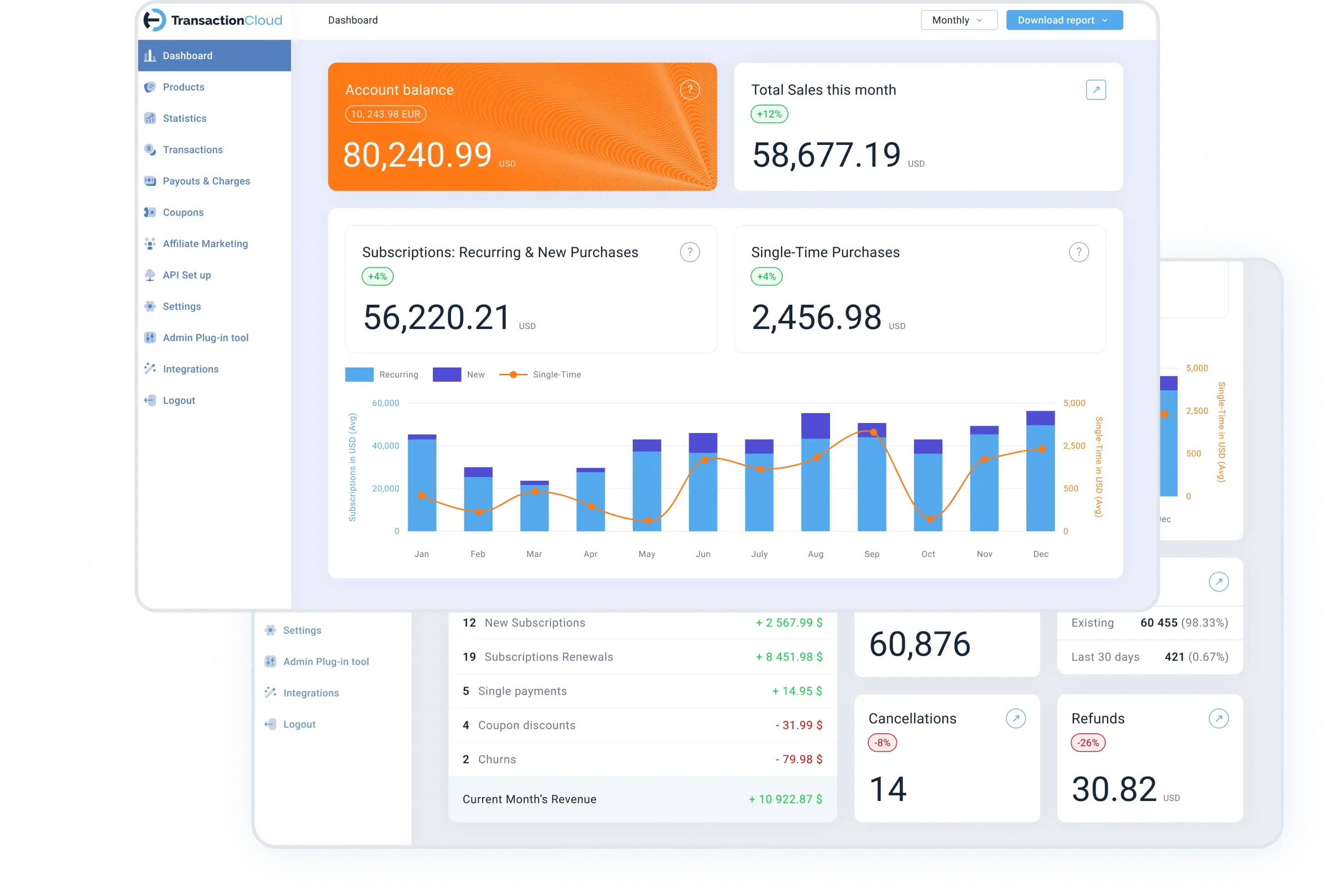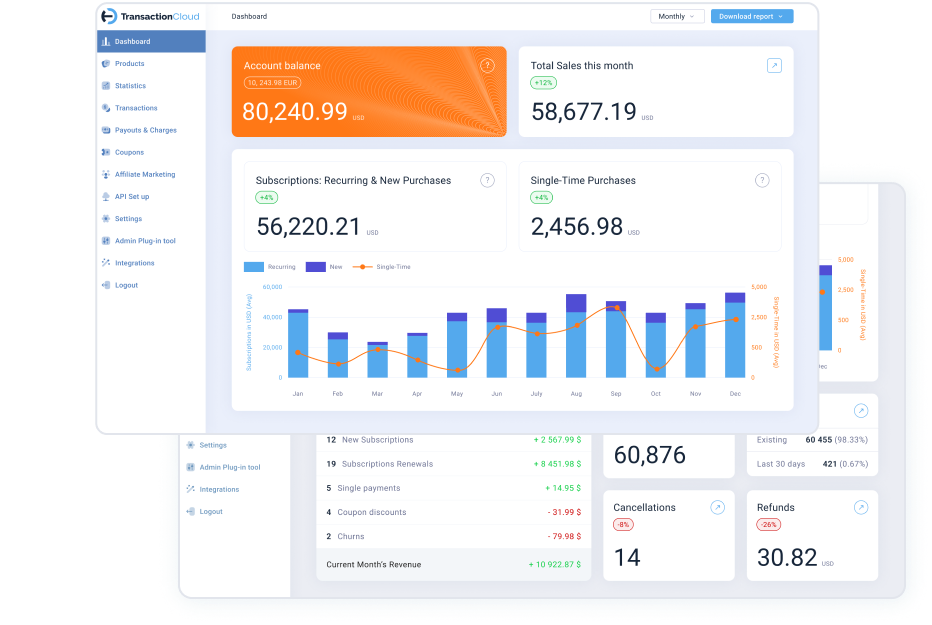Customer-Centric Approach
One of the fundamental aspects for SaaS companies to succeed is to adopt a customer-centric approach. It is crucial to understand the needs and pain points of customers, develop solutions that address those challenges, and provide exceptional customer experiences. This can be achieved through personalized onboarding, proactive customer support, and continuous engagement. By putting the customer at the center of their strategies, SaaS companies can build long-lasting relationships, reduce churn rates, and increase customer loyalty.
Continuous Innovation
Innovation lies at the core of the SaaS industry. To survive and thrive, SaaS companies must continuously innovate and evolve their products and services. This involves staying up-to-date with the latest technological advancements, market trends, and customer demands. By investing in research and development, companies can enhance their existing offerings, introduce new features, and stay ahead of the competition. Moreover, embracing emerging technologies such as artificial intelligence, machine learning, and blockchain can open new avenues for growth and differentiation.
Scalability and Flexibility
Scalability and flexibility are vital for SaaS companies to navigate the rapidly changing market dynamics. As customer requirements evolve and expand, SaaS companies must ensure their solutions can scale seamlessly to meet growing demands. This includes optimizing infrastructure, adopting cloud-native architectures, and leveraging containerization. Moreover, offering flexible pricing models, such as tiered plans or pay-as-you-go options, allows customers to choose the most suitable options based on their needs and budgets.
Data Security and Privacy
In an era of increasing data breaches and privacy concerns, SaaS companies must prioritize data security and privacy. Implementing robust security measures, complying with data protection regulations (e.g., GDPR), and regularly auditing and updating security protocols are essential for building trust with customers. Transparent communication about security practices and data handling can significantly enhance the company's reputation and differentiate it from competitors.
Collaboration and Integration
Collaboration and integration capabilities are crucial for SaaS companies to remain competitive. By offering seamless integration with other popular software and platforms, SaaS companies can enhance their value proposition and provide a comprehensive ecosystem for customers. Integrations with popular CRM systems, project management tools, or marketing automation platforms enable customers to streamline their workflows, maximize efficiency, and extract more value from the SaaS product. Moreover, partnering with other complementary SaaS companies can create synergies and expand market reach.
Effective Marketing and Sales Strategies
In a crowded market, SaaS companies need to differentiate themselves through effective marketing and sales strategies. Developing a strong brand identity, positioning the product uniquely, and clearly communicating the value proposition are essential. In addition, implementing data-driven marketing techniques, such as targeted advertising, content marketing, and social media engagement, can help reach the right audience and generate qualified leads. Investing in a skilled sales team and providing them with the necessary tools and resources to showcase the product's benefits can significantly impact sales growth.

